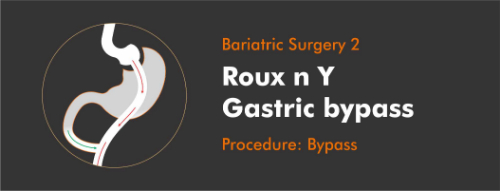
What is Medical Weight Loss?
This article is to cover the most common approaches to losing weight through medical approaches
The Risks of Obesity
Obesity is a serious health condition classified by excess body weight that can greatly affect your health. It is linked to many chronic conditions.
Obesity occurs when a person’s body mass index is 30 or greater. The main symptom is excessive body fat, which increases the risk of serious health problems such as
- Type 2 diabetes,
- heart disease,
- high blood pressure,
- sleep apnea,
- osteoporosis,
- and stroke.
- Hormonal imbalances
- Increased risk of cancer
Obesity is also linked to many social and psychological disorders such as depression.
Causes of Obesity
Obesity is often caused by consuming more calories than those burned by normal daily activities and by exercise. Eating too much, especially sugars and fat can lead to obesity.
There are hormonal and other factors which can also lead to obesity.
It is also a range disorder that can be measured using a few factors, for example your BMI (Body Mass Index), Body Fat Percentage and other risk factors.
The Obesity doctor will do a full health assessment to determine the best treatment outcome and manage any risk factors.
They will assess the following in most cases
- Lifestyle- eating and physical activity
- Mental and physiological
- Health Comorbidity Assessment
- Current Weight BMI


Treatment Options for Obesity
Obesity is a disease and can be prevented and treated. There are many options to treat Obesity, some patients might need combination treatments.
There are two general approaches which are invasive and noninvasive treatment methodologies.
Non-invasive Weight Loss Approach, does not require surgery, for example gastric balloons and medications
The Invasive Weight Loss Approach – will requires surgery, for example gastric bypass or gastric plication
Below are the general obesity treatment options
- Lifestyle Changes
- Weight Loss Through Medication
- Bariatric Gastric Balloons
- Bariatric Surgery Options
All weight loss strategies are to be combined with lifestyle changes. Your practitioner might also recommend on multiple treatment options
1. Treat Obesity through Lifestyle Changes
All patients are required to make changes to their lifestyle to maintain and keep off the weight. Some patients can get away with lifestyle changes alone depending on their BMI and other medical conditions.
If you are in this category you are in a good position as just making basic eating, drinking and physical activity changes can help maintain a healthy weight.
“ I am eating healthy and exercising but I am not losing weight”
if you find that you are gaining weight even though you follow a healthy eating plan and are fairly active. Then there might be some other medical issues contributing to your weight gain.
Talk to a Doctor, so that they can do a complete examination to determine the potential cause.

2. Treat Weight Loss through Medication
There are various prescribed medications that can help people lose weight. A doctor will do an examination which may include blood tests to determine if you are a suitable candidate for this weight treatment .
Although pills may help you lose weight, they’re not for everyone and a strict diet and exercise is required while taking obesity medication
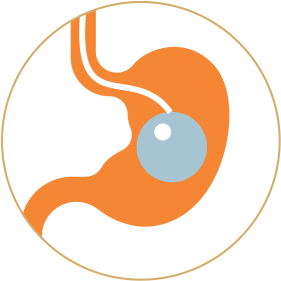
3. Bariatric Weight Loss Treatment
What is Bariatric Weight Loss?
To understand this there are a few terms that you should become familiar with
Bariatric: in medical term referring to the treatment, prevention, and causes of obesity
Metabolic: is the rate at which your body uses or burns energy. If you have a fast metabolism then you will naturally burn energy at a faster rate.
So Bariatric Metabolic is a concept that limits the amount of food in the stomach through various medical treatments
This will naturally affect your consumption and increase your metabolism. Weight Loss Treatment coupled with lifestyle changes prescribed by your doctor can help you rapidly lose and keep off the weight
Below are treatment options

Intragastric/gastric Balloons
Also known as the weight-loss Balloon. This treatment is a non-invasive approach generally suited for patients with a BMI of 25 to 30
Intragastric balloon is very effective and is
- non-surgical,
- repeatable,
- relatively safe,
- reversible,
- preserves anatomy,
- can be done without an anesthetic.
Often treatment is fulfilled on an outpatient basis. No need to book into the hospital) which makes it an affordable option.
Recovery is also faster and less painful
Gastric balloons have two general treatment options available today

Endo Intragastric Balloon
3.2 Weight Loss Surgery or Bariatric Surgery
Bariatric surgery is an invasive medical procedure that is performed in order to help individuals lose weight. These procedures have to be performed in hospital by a surgeon under anaesthetic
Evidence suggests that for patients with severe obesity, bariatric surgery may lower death rates especially when coupled with healthy eating and lifestyle changes after surgery.
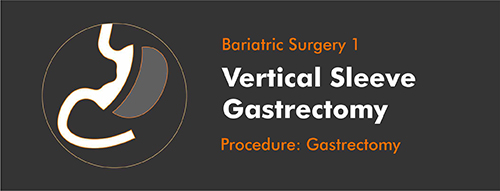
Vertical Sleeve Gastrectomy
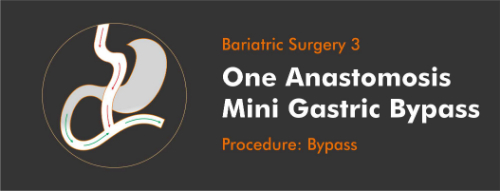
Mini Gastric Bypass (MGB) Weight Loss Surgery
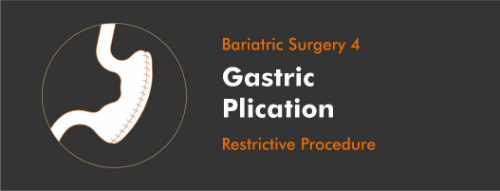
Gastric Plication Weight Loss Surgery

Biliopancreatic Diversion Doudenal Weight Loss Surgery
Are you a suitable candidate for Weight Loss Surgery
find out now

